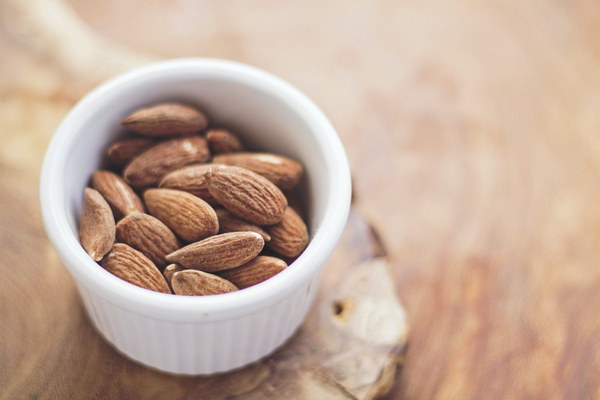Nurturing Your Health A Comprehensive Guide to Body Care After Gastrointestinal Bleeding
Gastrointestinal bleeding can be a distressing condition that requires immediate medical attention. However, once you have received the necessary treatment and are on the road to recovery, it's crucial to focus on body care to aid your healing process. This article provides a comprehensive guide to nurturing your health after gastrointestinal bleeding, covering essential aspects such as diet, lifestyle, and mental well-being.
1. Diet
A balanced diet plays a significant role in promoting healing and maintaining overall health after gastrointestinal bleeding. Here are some key dietary considerations:
a. Low-Fiber Foods: Initially, it's advisable to consume low-fiber foods to give your digestive system time to heal. Examples include bananas, rice, applesauce, and toast (BRAT diet).
b. Small, Frequent Meals: Eating smaller, more frequent meals can help prevent bloating and straining, which may aggravate the condition.
c. Hydration: Ensure adequate fluid intake by drinking plenty of water, clear broths, or herbal teas. This aids in digestion and helps to prevent constipation.
d. Nutrient-Rich Foods: Once your symptoms have improved, incorporate nutrient-rich foods into your diet, such as fruits, vegetables, lean proteins, and whole grains. These foods provide essential vitamins, minerals, and antioxidants that support healing.
e. Avoid Certain Foods: Some foods can exacerbate gastrointestinal bleeding, such as spicy, fatty, or acidic foods. It's best to avoid these until your condition improves.
2. Lifestyle Changes
Adopting healthy lifestyle changes can contribute to your overall recovery and well-being:
a. Regular Exercise: Gentle, low-impact exercises such as walking, swimming, or cycling can improve circulation, enhance digestion, and boost your mood.
b. Adequate Sleep: Ensure you get enough rest to allow your body to heal. Establish a consistent sleep schedule and create a comfortable sleeping environment.
c. Stress Management: Chronic stress can weaken your immune system and hinder the healing process. Practice relaxation techniques such as deep breathing, meditation, or yoga to manage stress levels.
d. Avoid Smoking and Limit Alcohol: Smoking and excessive alcohol consumption can irritate your gastrointestinal tract and delay healing. It's best to quit smoking and limit alcohol intake during recovery.
3. Mental Well-being
Maintaining a positive mindset is crucial for your recovery:
a. Seek Support: Share your concerns with friends, family, or a support group to help you cope with the emotional impact of gastrointestinal bleeding.
b. Professional Help: If you're struggling with anxiety or depression, consider seeking help from a mental health professional.
c. Positive Activities: Engage in activities that bring you joy and a sense of accomplishment, such as hobbies, reading, or spending time with loved ones.
4. Regular Check-ups

After gastrointestinal bleeding, it's essential to keep regular check-ups with your healthcare provider. They can monitor your recovery and address any concerns or complications that may arise.
In conclusion, nurturing your health after gastrointestinal bleeding involves a combination of a balanced diet, healthy lifestyle changes, and mental well-being. By following these guidelines, you can support your healing process and improve your overall quality of life. Remember, it's crucial to consult with your healthcare provider for personalized advice and support throughout your recovery journey.








